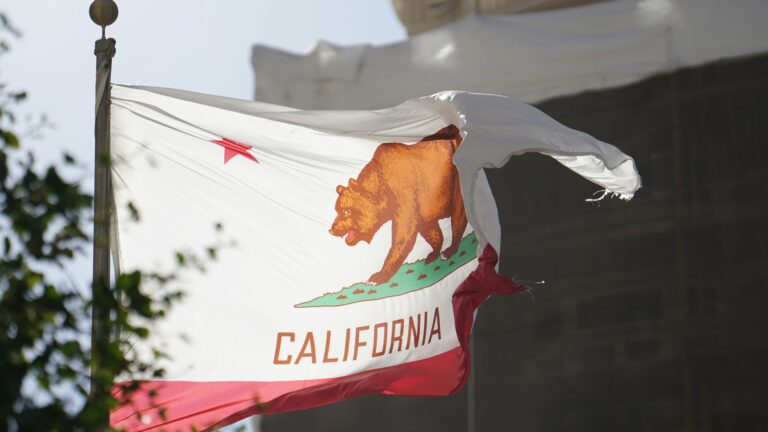On January 12, 2023, Governor Gavin Newsom of California officially unveiled a comprehensive proposal aimed at expanding access to universal pre-kindergarten (Pre-K) education for all children in the state by 2025. The initiative, known as the California Early Learning Equity Plan, has garnered attention as one of the boldest steps yet to make early childhood education more accessible, affordable, and equitable across the state. The plan, introduced in the governor’s annual budget proposal, aims to eliminate the barriers to early education that many low-income families face.
Governor Newsom’s proposal seeks to increase state funding by $2 billion over the next three years to expand Pre-K access, with a particular focus on communities that have historically been underserved. By 2025, Newsom’s administration hopes to enroll 100% of 4-year-olds in some form of public Pre-K program, with priority given to children in low-income and rural areas where educational opportunities are limited. In addition to increasing access, the plan includes funding for the hiring of more qualified teachers and the expansion of classroom spaces to accommodate the expected increase in demand.
The announcement was made during a press conference in Sacramento, where Newsom was joined by several key figures in California’s educational landscape, including State Superintendent of Public Instruction Tony Thurmond and Dr. Lynda Gibbens, the Executive Director of the California Early Childhood Education Association. “Early childhood education is the foundation upon which all future learning is built,” Newsom said. “This investment is not just about creating opportunities for the youngest Californians, it’s about ensuring that every child has the same chance to succeed in life, regardless of their background.”
The push for universal Pre-K education in California has been long-awaited, with advocacy groups like Children Now and The California Budget & Policy Center applauding the initiative. These organizations have long argued that access to quality early education can have lasting positive impacts on children’s cognitive development, social skills, and long-term academic success. According to research from the National Institute for Early Education Research, children who attend high-quality Pre-K programs are more likely to perform better in elementary school and graduate high school.
While the proposal is hailed as a victory for educational equity, it has also drawn criticism from some quarters, particularly from conservative lawmakers who argue that expanding government-funded education to all 4-year-olds will place an undue financial burden on the state’s budget. Some have raised concerns about the quality of education in publicly funded programs, questioning whether there is enough infrastructure to support the sudden expansion.
Despite these concerns, Newsom’s administration has framed this initiative as a crucial investment in California’s future workforce. The plan is also part of a larger effort to address income inequality by providing all children, regardless of their socioeconomic status, with the foundation for academic success.
As California moves forward with this ambitious plan, the state’s focus on early education is expected to not only improve educational outcomes but also enhance the economic mobility of future generations. With a robust commitment to equity, Newsom’s proposal could be a model for other states seeking to expand access to early childhood education.



